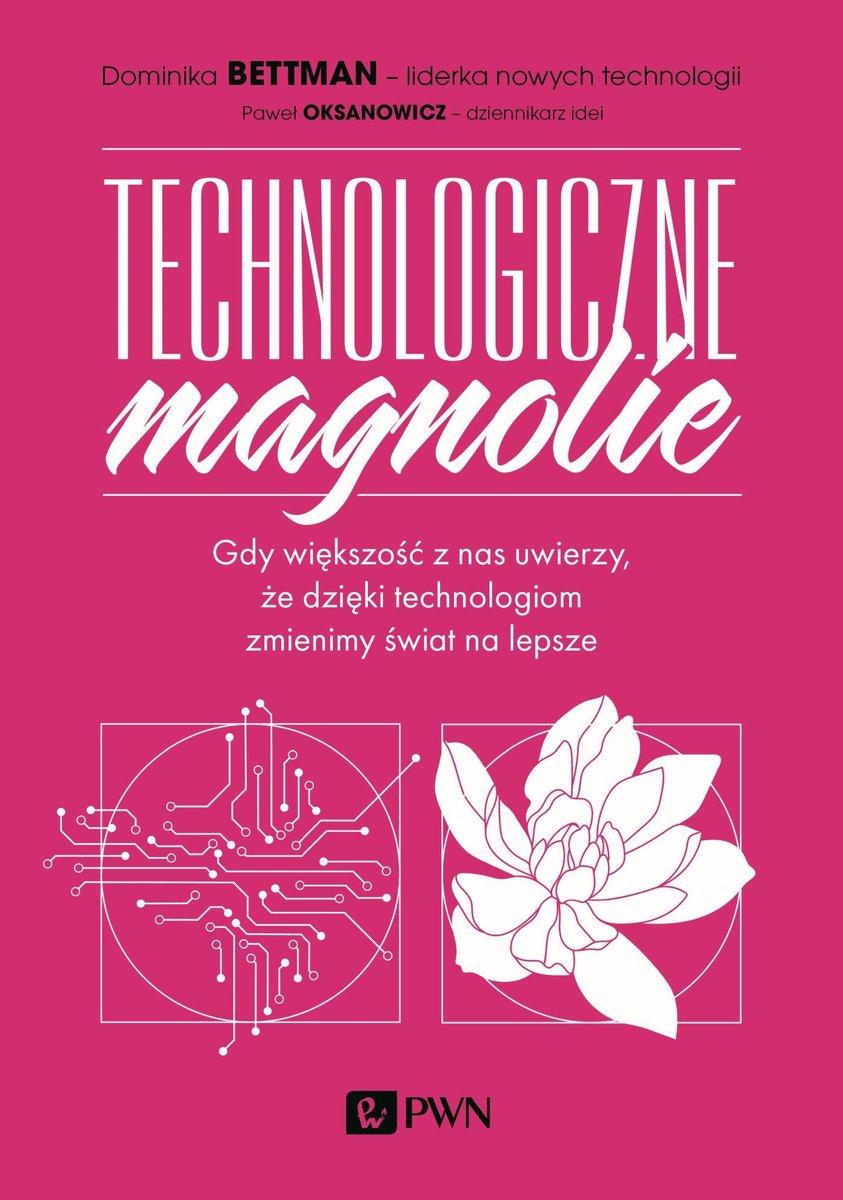As Stanisław Lem, a world-famous science fiction writer, once wrote, “The obverse of most technologies is luminous, but life equipped them with a reverse – dark reality”. Experts from a variety of fields have been discussing the opportunities and threats posed by artificial intelligence for a while now. Hence, we have decided to address these issues during the upcoming meeting in the HumanTech Meetings series (2nd edition).
Will technology save us?
We live in times of digital transformation. New technologies have an enormous impact on individuals as well as the economy, politics, and state functioning on the local and global levels. On the one hand, this is a chance to improve the quality of human life, ensure economic development or effectively combat climate change. On the other hand, the same technology that is meant to better the world can be used to increase control over citizens and even, as technological pessimists claim, lead to digital dictatorship and human takeover by machines.
During the fourth meeting in the HumanTech Meetings series (2nd edition), we will discuss how to design artificial intelligence that humanity can trust. We will search for ways to teach society how to use new technologies safely. We will also address legal concerns around the use of artificial intelligence in various fields.
Our keynote speakers will include Dr. Yelena Yesha, Professor of Computer Science at the University of Miami, Dr. Rose Yesha, expert in health informatics, and Dominika Bettman, General Manager of Microsoft Poland. Konrad Maj, the Head of the HumanTech Center for Social and Technological Innovation at SWPS University, will open the meeting. The lectures will be followed by a panel discussion moderated by Dr. Michał Boni.
Lectures will be held in Polish and English and will be translated simultaneously.
The event is held under the auspices of Strefa Technologii (Technology Zone) of SWPS University
During the meeting, participants will have an opportunity to win a book by Dominika Bettman and Paweł Oksanowicza, Technologiczne magnolie. Gdy większość z nas uwierzy, że dzięki technologiom zmienimy świat na lepsze (Technological Magnolias. When most of us believe we will change the world for the better through technology), published by PWN Group, the partner of the HumantTech Meeting event.
 Book cover of Technological Magnolias. When most of us believe we will change the world for the better through technology
Book cover of Technological Magnolias. When most of us believe we will change the world for the better through technology
HumanTech Meetings
We live in an era of innovation, technological progress and digitalization. This current innovation drive may lead to unpredictable psychological and social outcomes. Therefore, it is crucial to establish collaborations between engineers, programmers, IT specialists and social scientists during initial phases of any new projects related to development of new technologies or services. Such collaborations may help to avoid mistakes and can support better development of new ideas.
The project is planned as a series of meetings, gathering academics and professionals from the technology sector from Poland and other countries. Each meeting will include two lectures, one delivered by a speaker from Poland and one presented by a guest from another country. The lectures will be followed by panel discussions, where panelists will represent different approaches to innovation and technology.
HumanTech Meetings is a project of SWPS University's Center for Social and Technological Innovation.
Organizer:
Center for Social and Technological Innovation HumanTech
Partners
Date and location
May 23, 2022 (Monday), 17:15–20:00 CEST (UTC+2)
online
Contact
E-mail: This email address is being protected from spambots. You need JavaScript enabled to view it.

In 2021, the HumanTech Meetings project was granted an additional PLN 250,000 (EUR 52 828,75) by the Ministry of Education and Science (MEiN), as part of the funding scheme “Społeczna odpowiedzialność nauki – Popularyzacja nauki i promocja sportu” (Social responsibility of science – Popularization of science and sport), (project no. SONP/SN/514650/2021), project duration: 2022-2023, total value: PLN 305,472 (EUR 65 251,67).